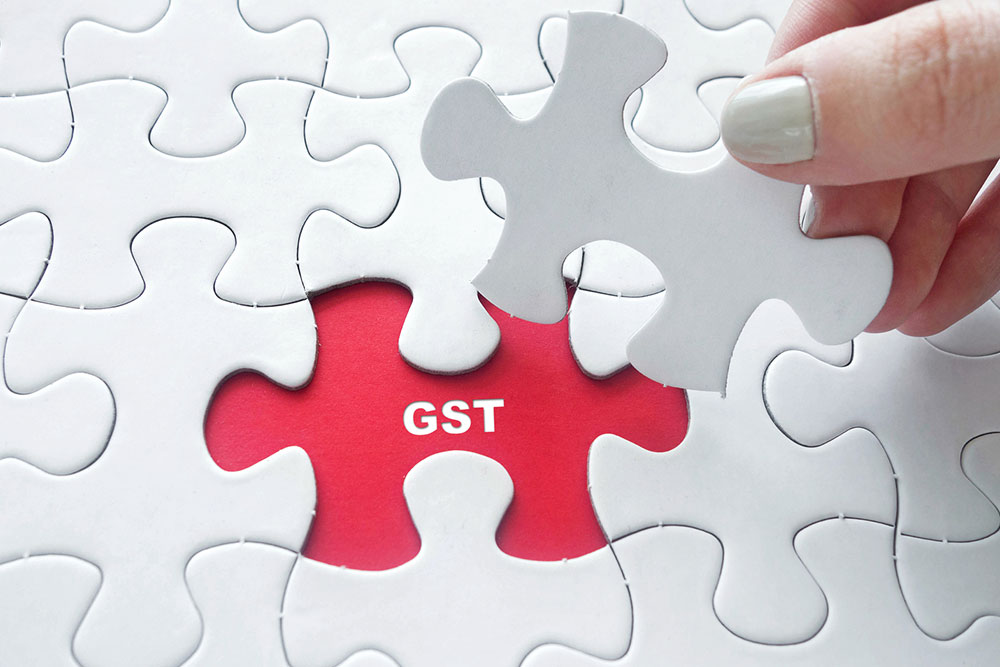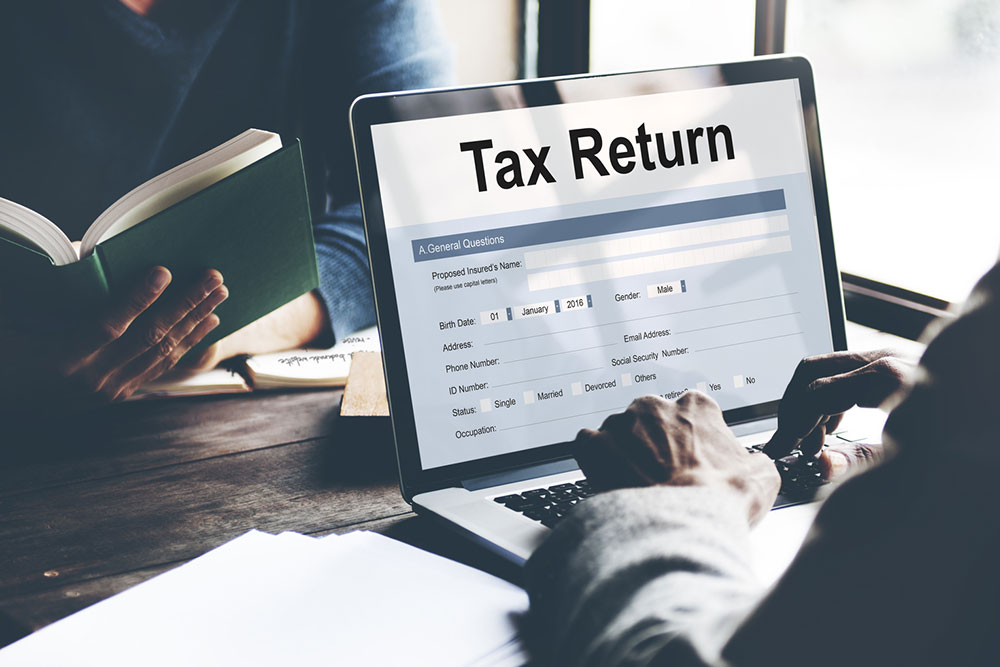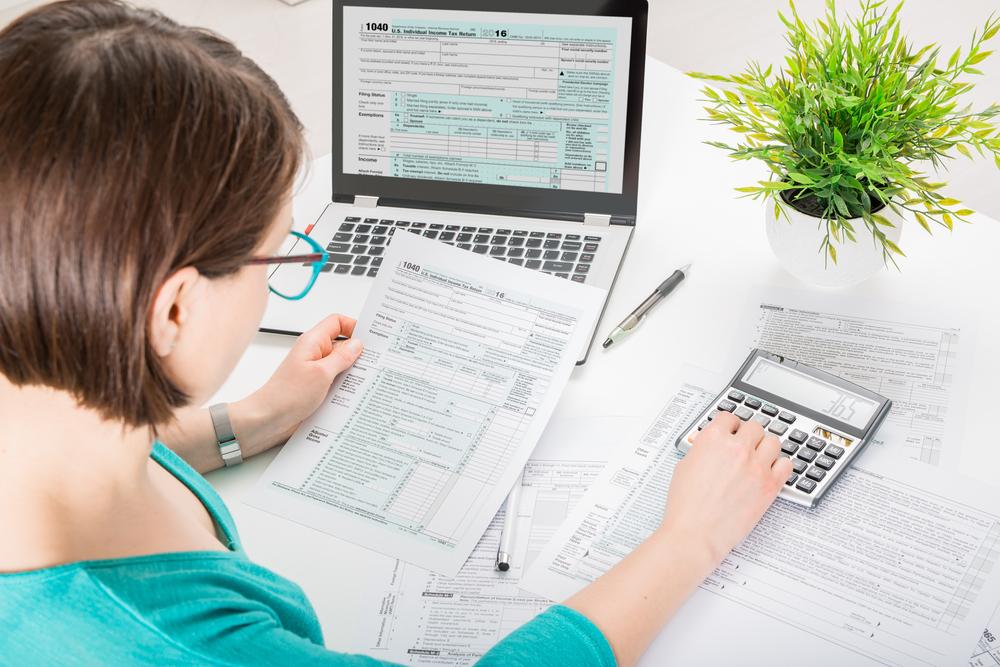Essential Guide to GST Payments and Refund Procedures
This comprehensive guide explains GST payment obligations, calculation methods, and refund procedures for India and Canada. It covers key taxes, filing deadlines, and refund eligibility, providing businesses and individuals with essential financial compliance insights to manage their GST processes effectively.

Understanding GST Payments and Refund Processes
Goods and Services Tax (GST) is a consumption tax levied on most goods and services sold within certain countries. While consumers bear the cost, businesses are responsible for collecting and remitting this tax to the government. In some cases, businesses and consumers can claim refunds for certain GST paid. Below are important details about GST obligations, calculations, and refunds.
GST in India
IGST: Paid during interstate transactions, collected by the central government.
SGST: Paid for intra-state supply, allocated to the state authorities.
CGST: Also intra-state, but proceeds go to the central government.
Businesses must also handle additional tax obligations such as:
TDS: Tax deducted at source, deducted before making payments to suppliers.
TCS: Tax collected at source, applicable to e-commerce sales, with a 2% deduction.
Reverse Charge: Tax liability shifts from the supplier to the recipient of goods/services.
Other Payments: May include interest, late fees, or penalties depending on circumstances.
GST Payment Calculation: The amount payable is calculated by subtracting input tax credits from total outward tax. TDS and TCS are deducted, and additional interest or penalties are added if applicable. Payments must be filed monthly via GSTR 3 by the 20th. Dealers with GST liability over ₹10,000 are mandated to file online.
GST Refunds: Eligible situations include refunds for international tourists, embassy purchases, GST paid on tax-exempt or zero-rated supplies, final assessment adjustments, and export transactions. Refund claims are filed online within specified deadlines.
GST in Canada
Canada applies the Goods and Services Tax (GST) at 5%, along with the Harmonized Sales Tax (HST), which varies by province. These taxes cover most goods, services, real estate, and intangible assets like trademarks or digital downloads. Tax-exempt or non-registered entities are often not liable for GST/HST.
GST Refunds and Credits in Canada: The Canada Revenue Agency offers GST/HST credits to low- or modest-income families quarterly, reducing their overall tax burden. Eligibility depends on income thresholds, residential status, age, and family circumstances. Eligible individuals automatically receive these credits when filing annual tax returns, with specific forms required for newcomers or those with dependents.
Disclaimer: This website compiles information from research, data, and expert sources. However, due to evolving financial laws and individual circumstances, the details may vary. Consulting a financial professional is recommended before making any decisions based on this content.









